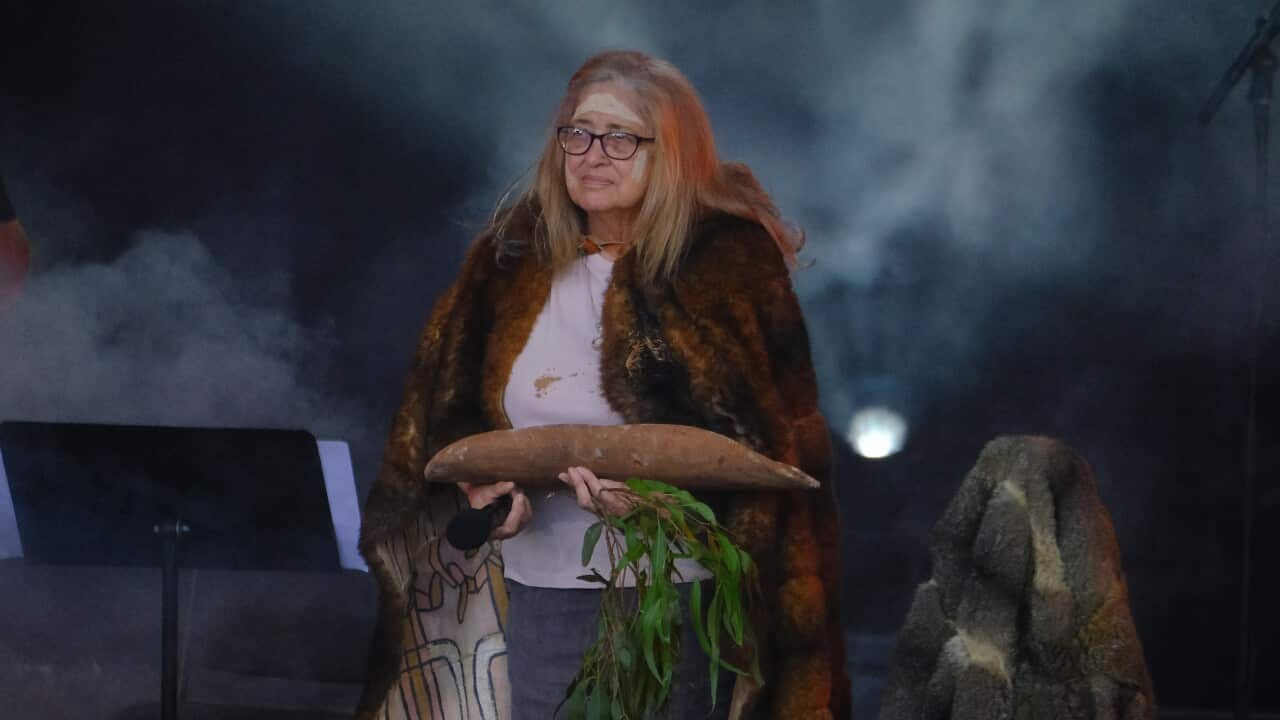The practice of paying respects to 'emerging Elders' in Acknowledgements of Country has raised eyebrows in communities.
There are questions about just what exactly it is to be 'emerging', and some say that the use of the term can undermine the important role Eldership plays in Aboriginal and Torres Strait Islander culture.
Wiradjuri woman Yvonne Weldon, the Deputy Chair of the Metropolitan Local Aboriginal Land Council and an independent councillor for the City of Sydney, often delivers Welcome to Country at events but does not include the contested phrase.
She says when it comes to recognising seniority through the status of 'Elder', there's a range of traditions and cultural practices which vary between nations, clans and family groups.
"An Elder is a respected holder of cultural knowledge who has lived in accordance with certain principles, values and teachings," she told NITV.
"It's important to make the distinction too that someone might be an Elder within a family group but not recognised as such within the broader community."
She believes the term "emerging Elders" is presumptuous.
"In Wiradjuri law, recognition as an Elder is something that is conferred rather than assumed."
Where did it start?
It's unclear when and who started to include the term "emerging Elders" in Acknowledgements of Country.
Weldon believes the term has been included without a proper understanding of the cultural significance behind a Welcome to or Acknowledgement of Country.
"I think people have adopted 'past, present and emerging' without fully understanding cultural protocol, but with the intention of acknowledging the younger generations."
It comes amidst a wider discussion within our community on whether Acknowledgements of Country have become tokenistic, so routine that they are starting to lose their meaning.
How does an Acknowledgement differ from a Welcome?
An Acknowledgement of Country is a way of acknowledging Aboriginal and Torres Strait Islander people as the Traditional Owners of this country.
It also is a way of acknowledging that Australia is a land where sovereignty has never been ceded. Non-Indigenous people are able to acknowledge Country.
A Welcome to Country differs in that it can only be delivered by the Traditional Owners of the land.
It is a sign of respect and protocol which occurred prior to colonisation.
NITV reached out to NSW Aboriginal Land Council, North QLD Aboriginal Land Council, Cape York Land Council and La Perouse Local Aboriginal Land Council for input on this story.

A Welcome to Country being performed before the Big Bash League. Source: AAP Image/Richard Wainwright Source: AAP / RICHARD WAINWRIGHT/AAPIMAGE













